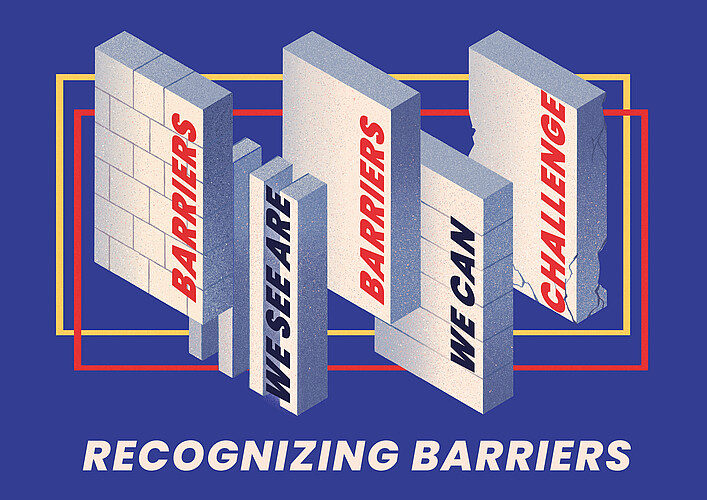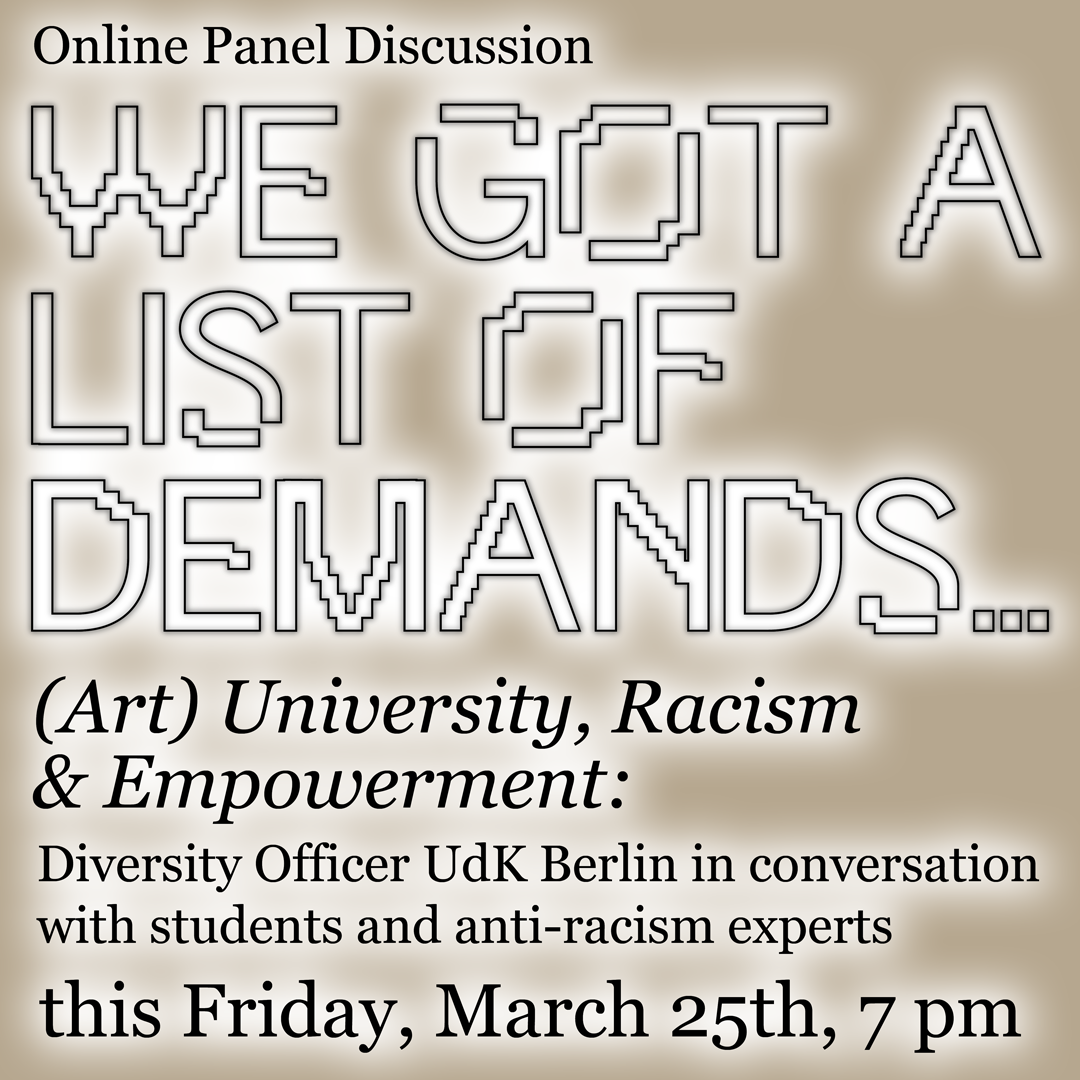Who and how does one get into the art university — and out again? Who listens, who speaks? Which language? Who is considered suitable or talented? What are the criteria? To which art or music, to whose knowledge and skills do we refer? What and who is left out?
At art universities there are deeply rooted structures of discrimination and favouritism. Dealing with them is an important step towards creating more equality and justice.
The Critical Diversity Blog brings together contributions on diversity and anti-discrimination at the Berlin University of the Arts and beyond. It also offers the possibility for you to share experiences of exclusion or discrimination, so that they can be taken into account in a future diversity strategy. The more contributions and experience reports from members and guests of this university come together, the better.
Suggestions for texts, artistic contributions and discussions are always welcome. Let us set out on the path to an art university that is sensitive to diversity and critical of discrimination.

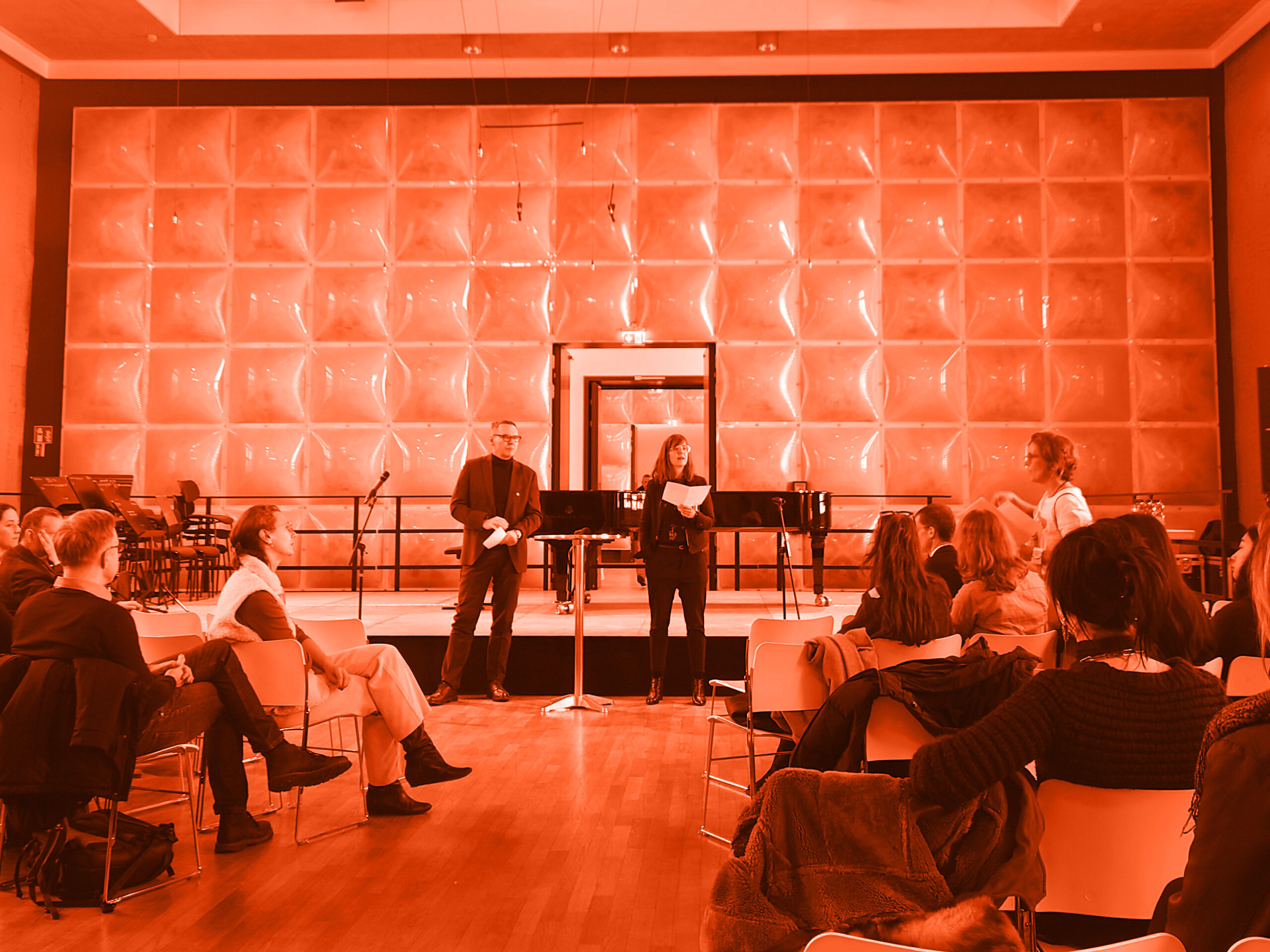
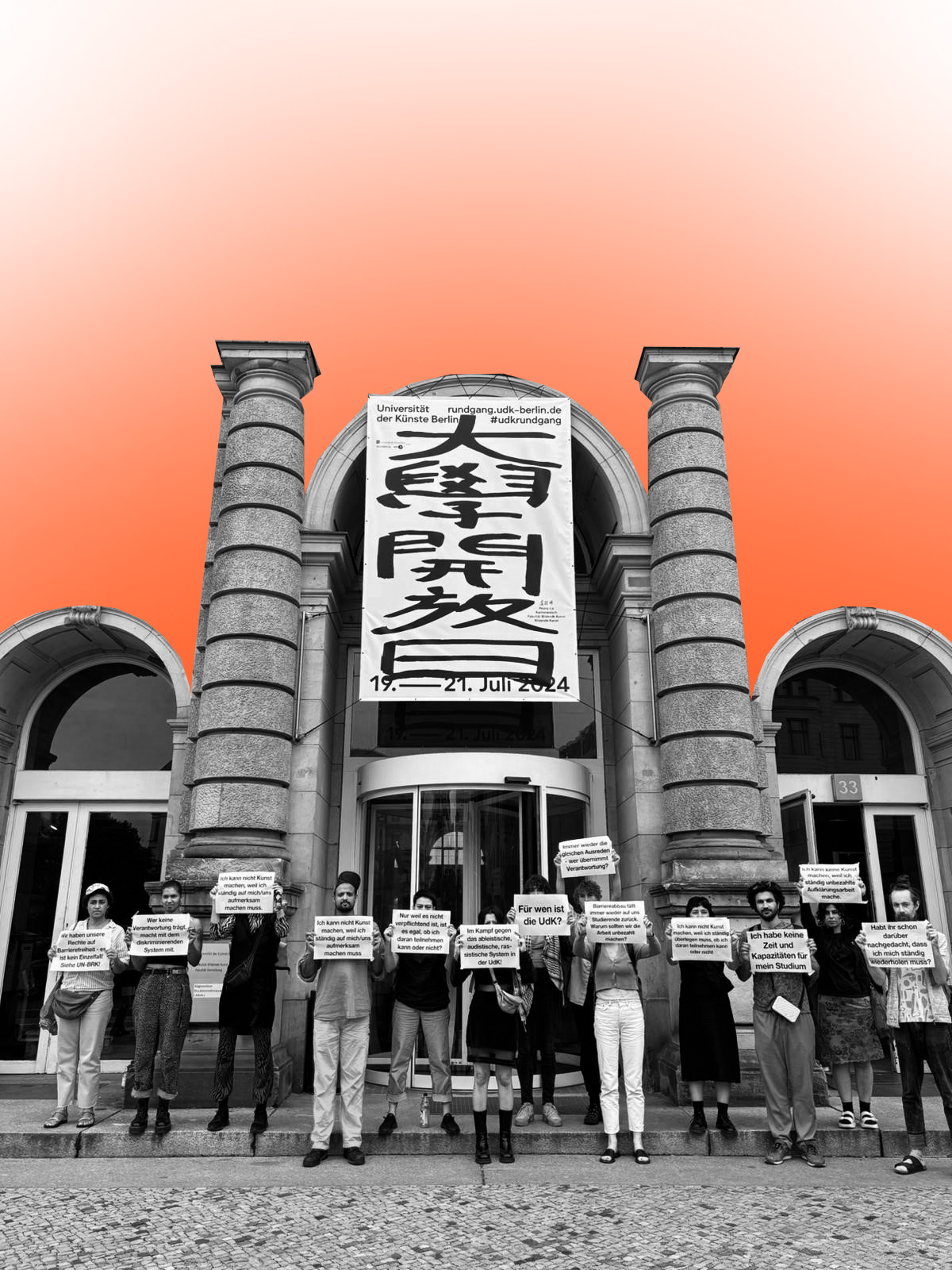
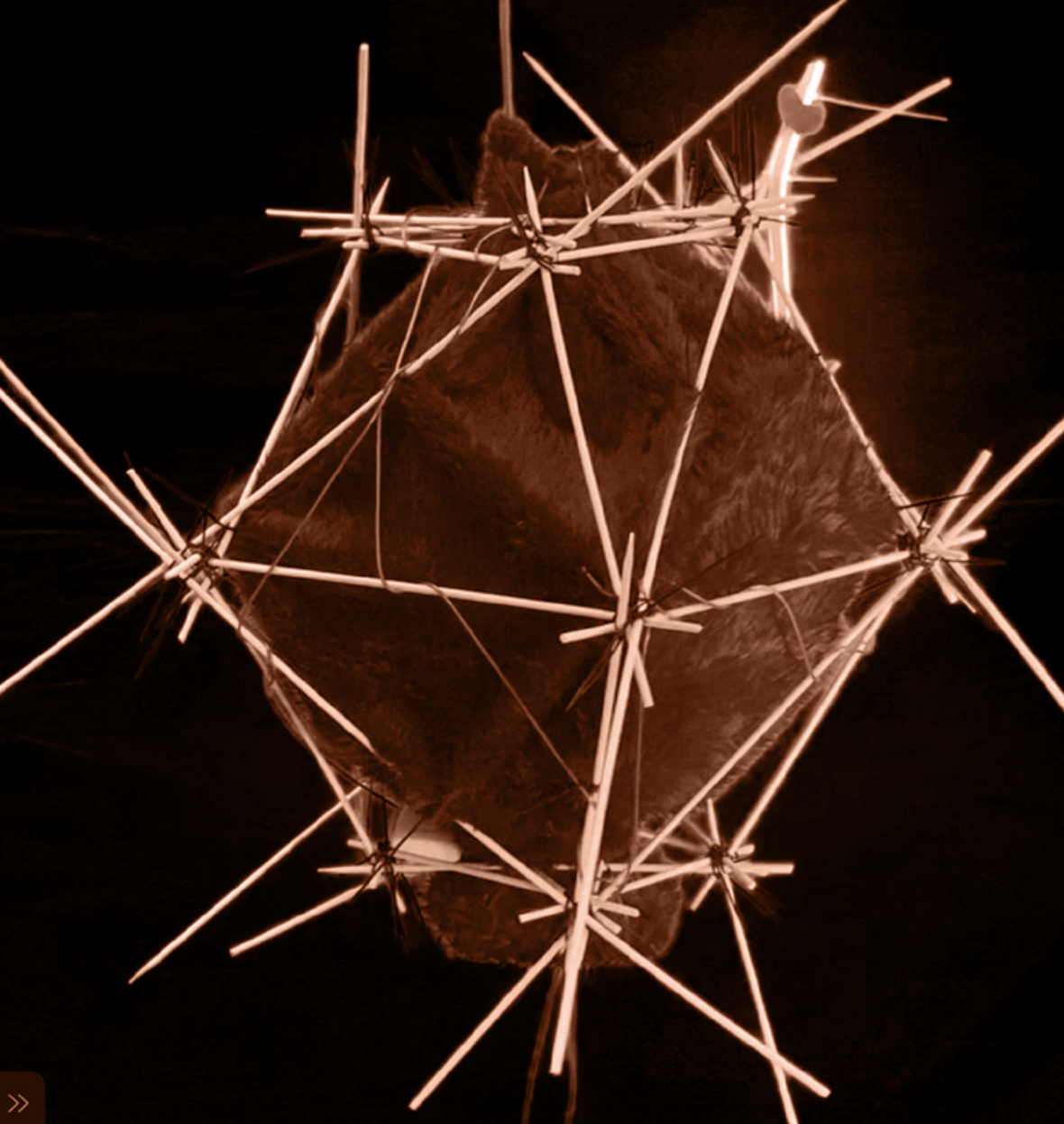
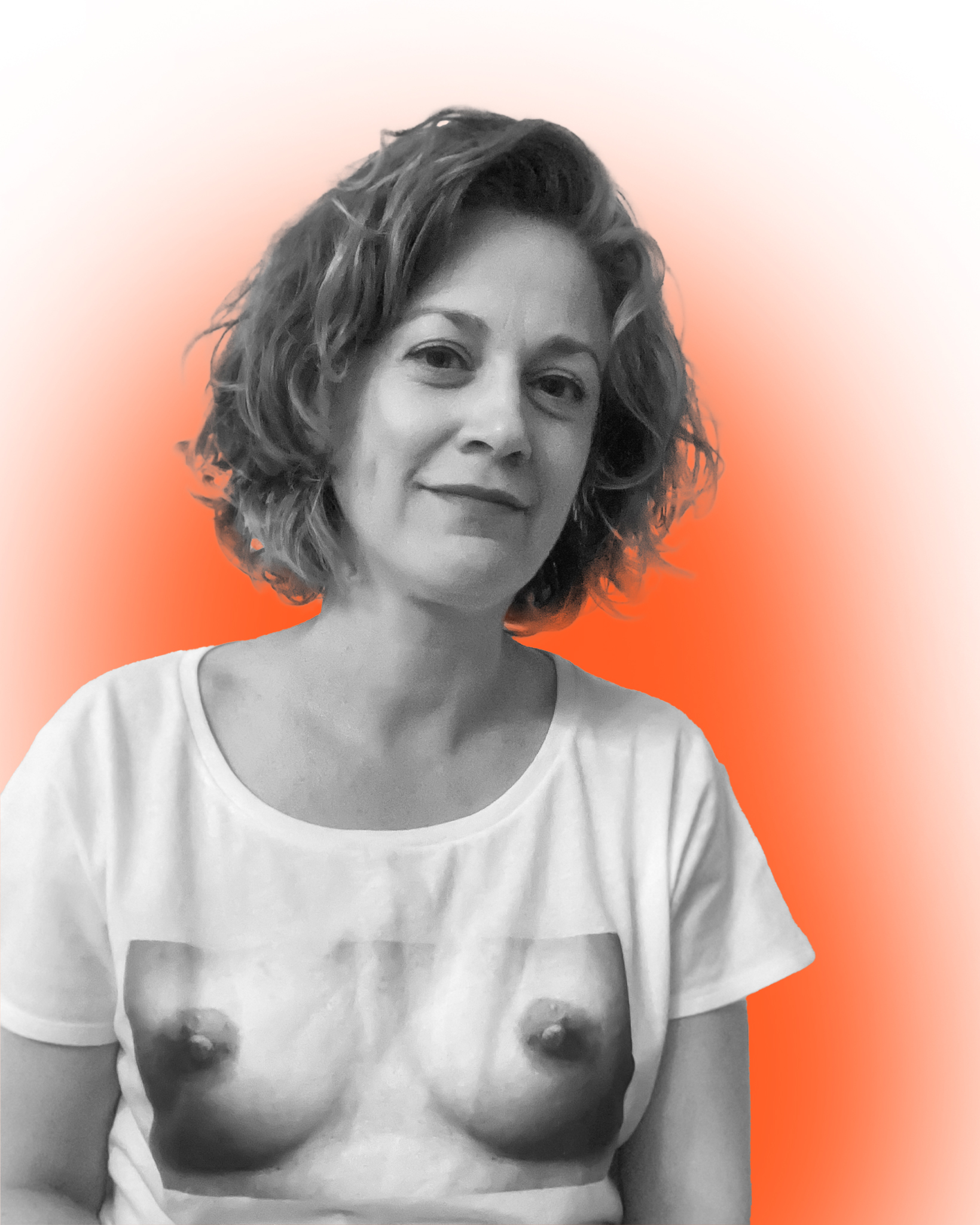
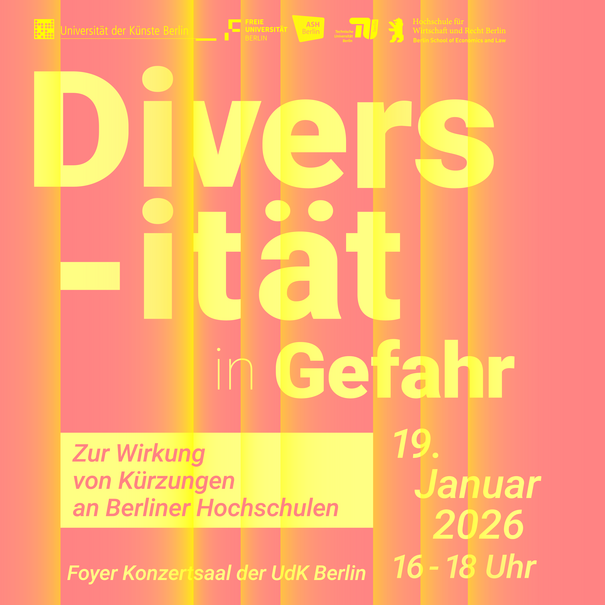

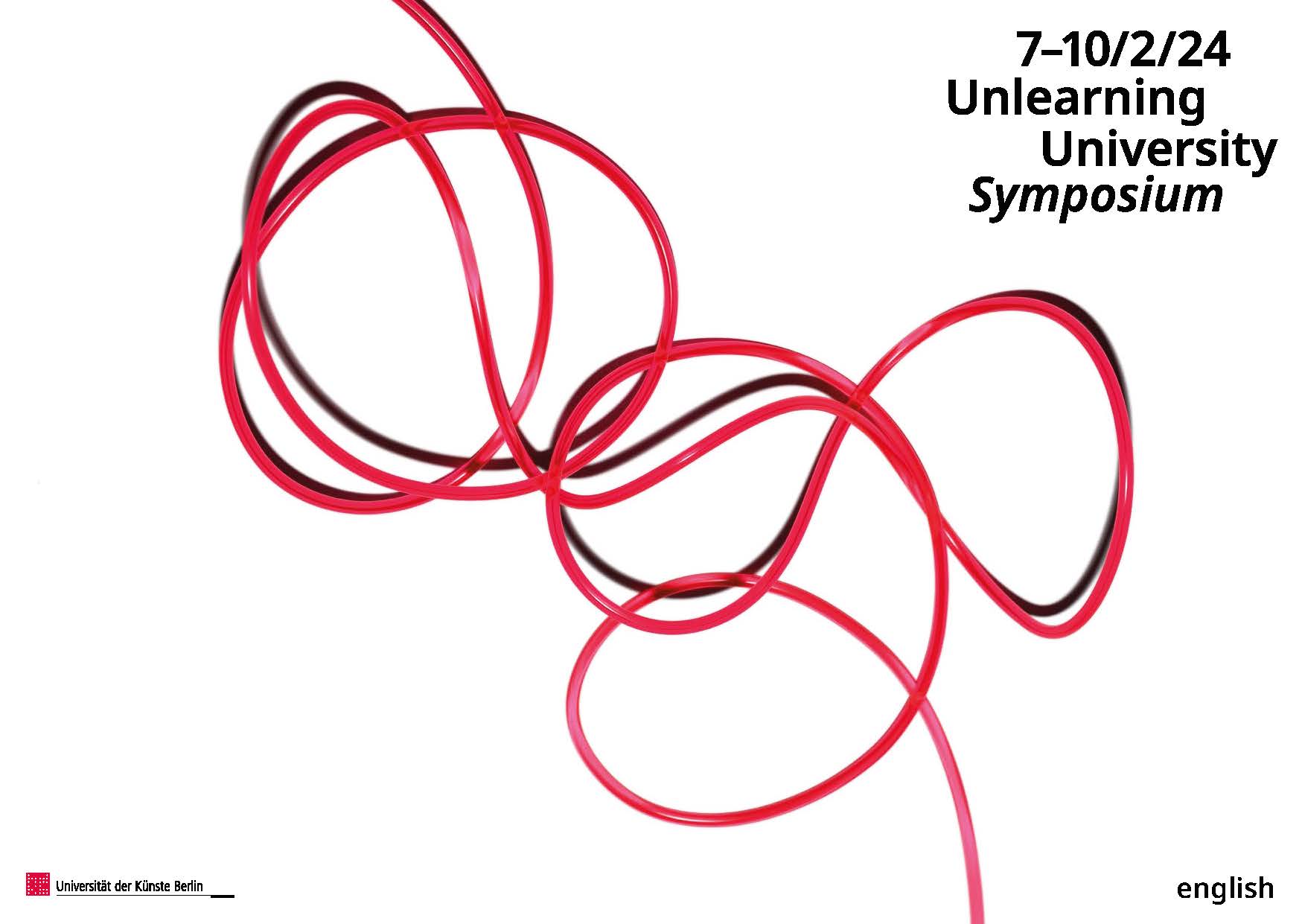
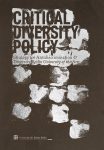 The Critical Diversity Policy has been published in a bound reading version including an English translation. Here you can find the PDF (
The Critical Diversity Policy has been published in a bound reading version including an English translation. Here you can find the PDF (